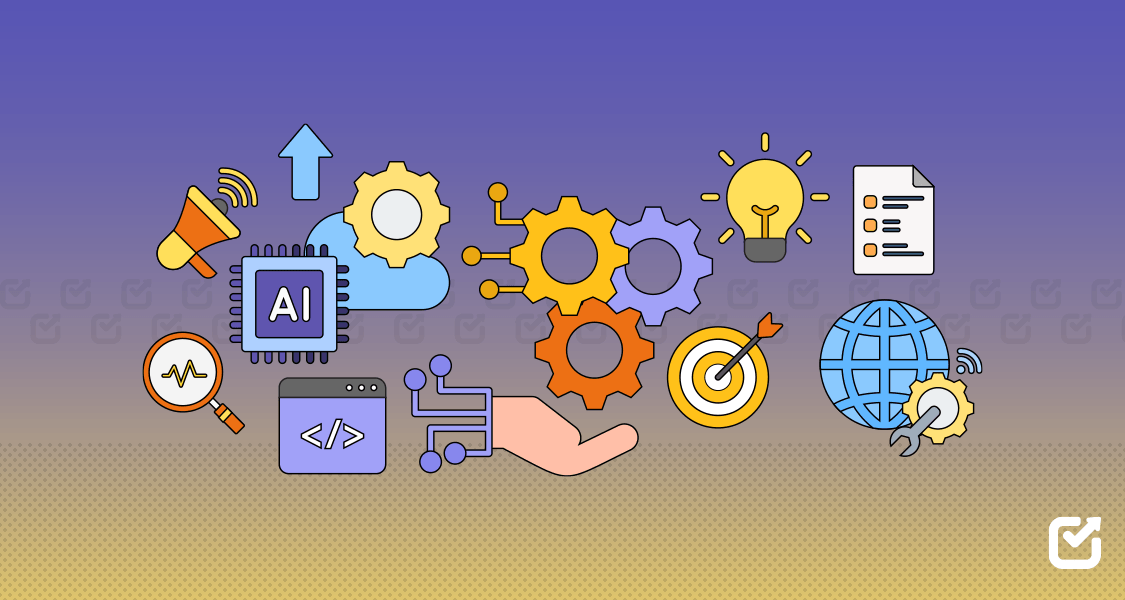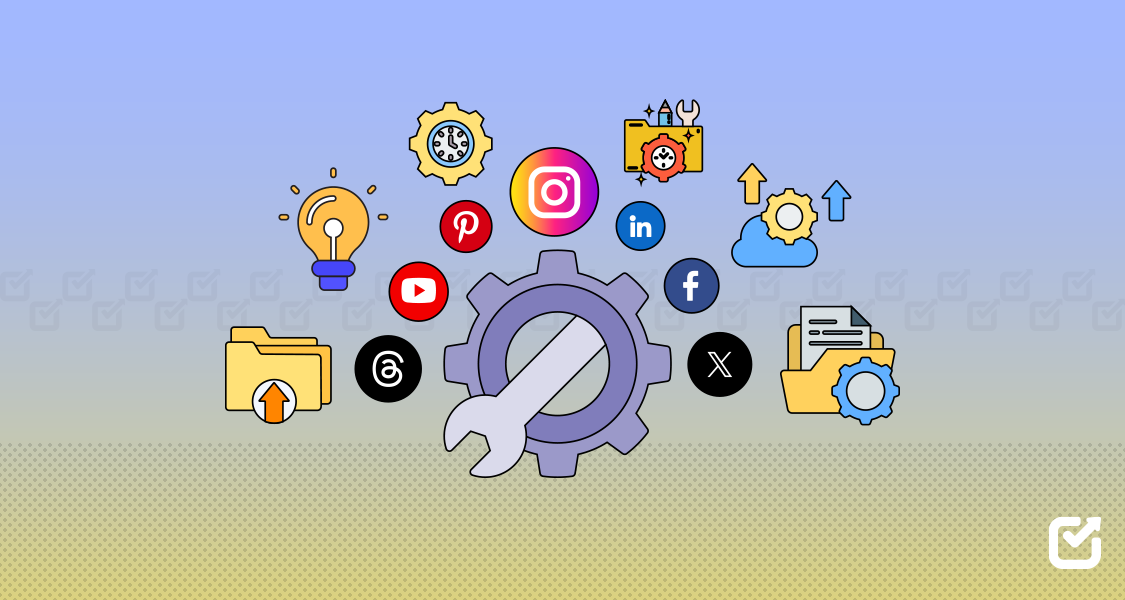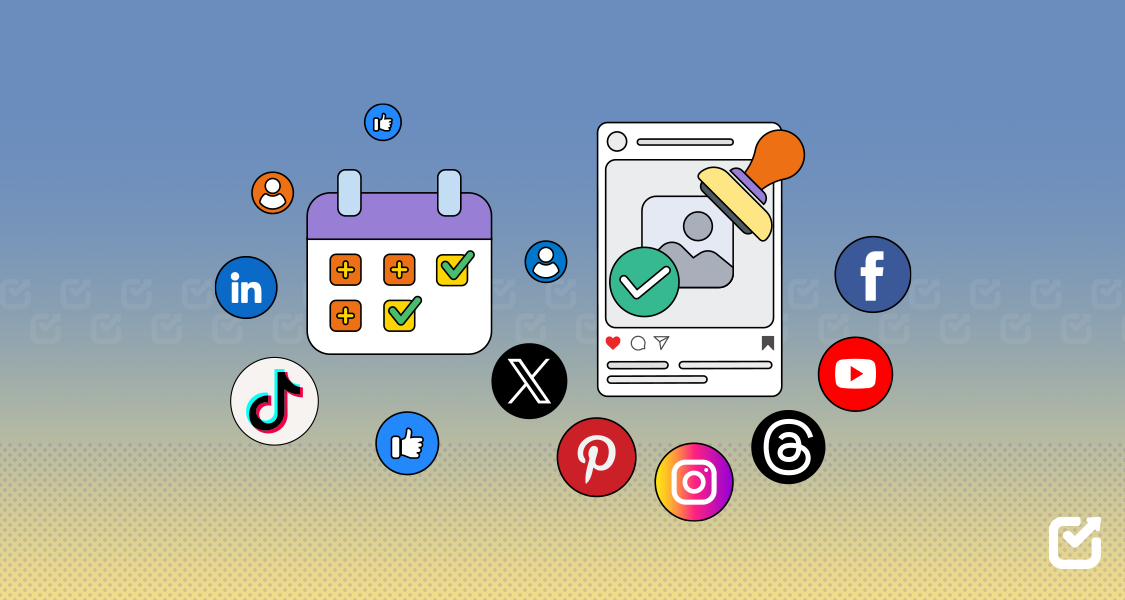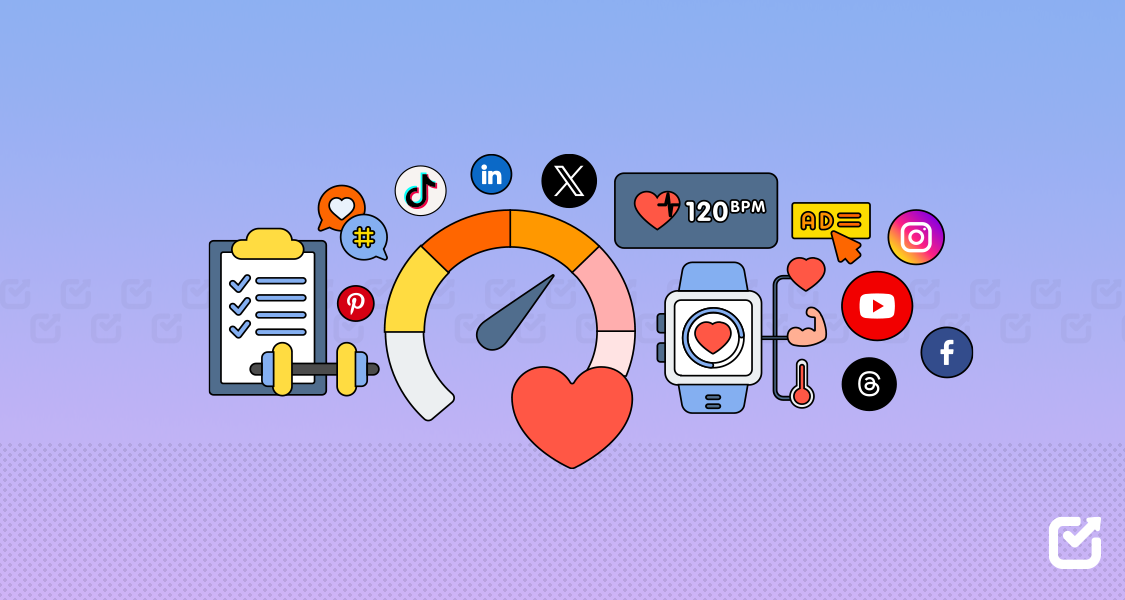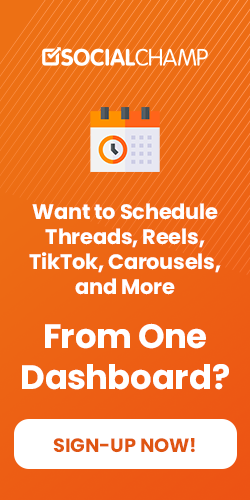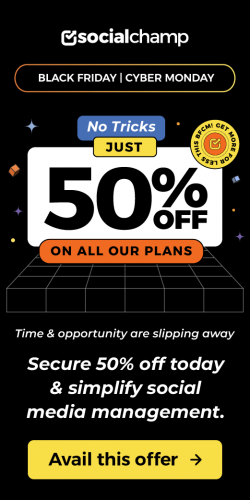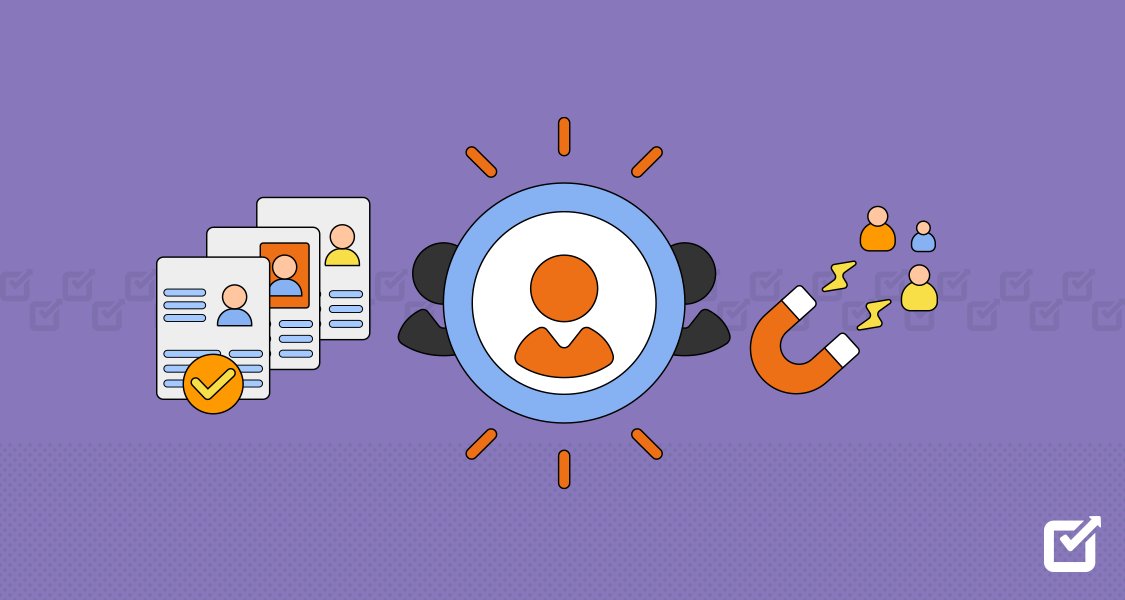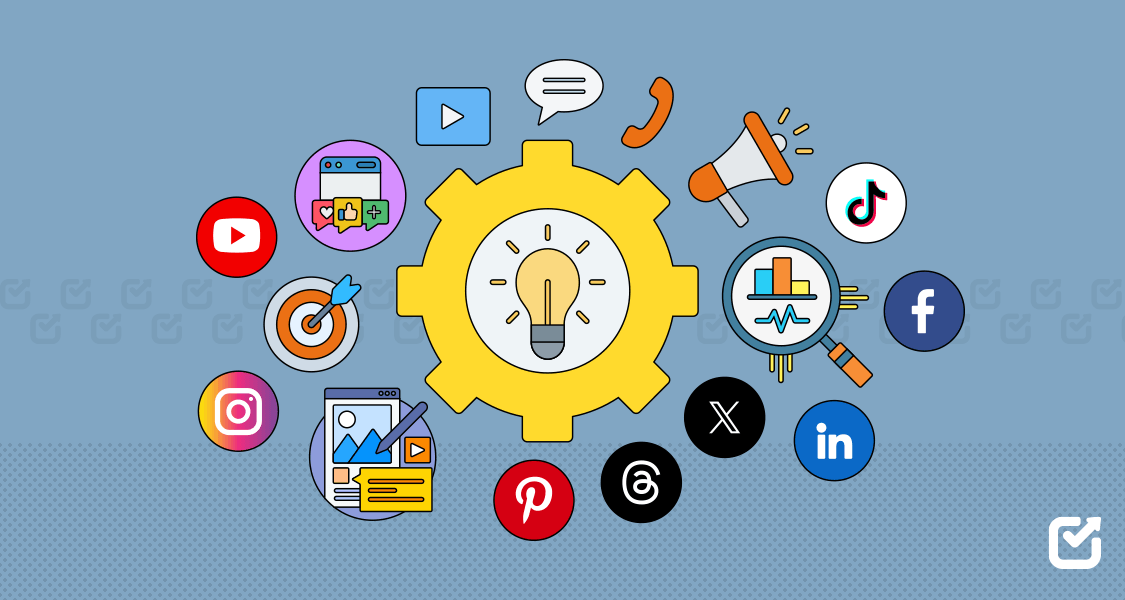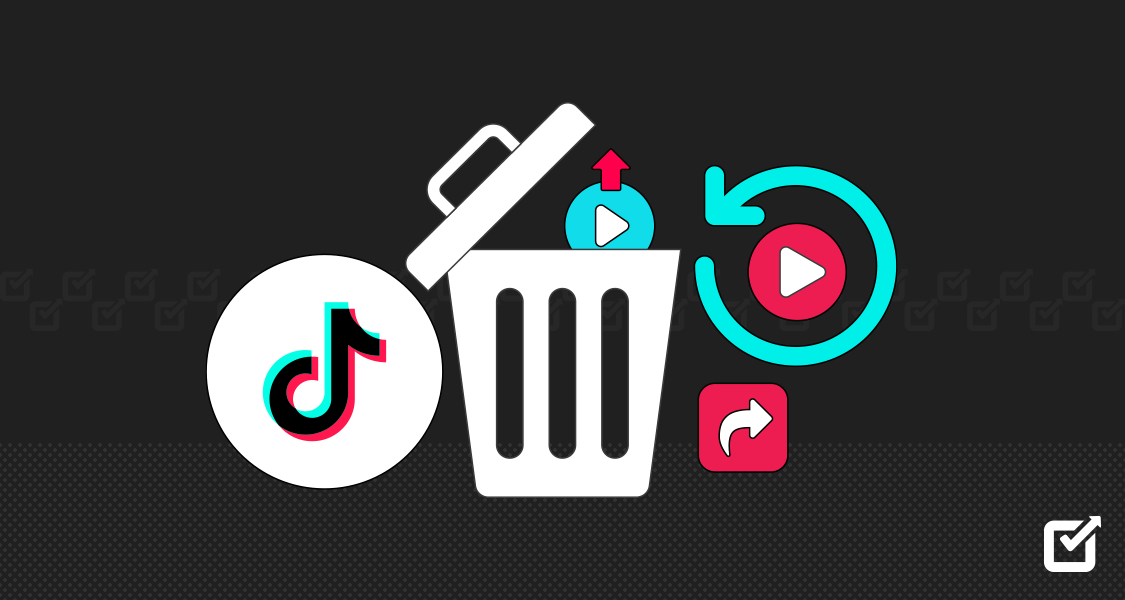Are you ready to transform your agency’s marketing game in 2025?
With the global marketing automation market projected to reach $8.42 billion by 2027, adopting the right tools has become a necessity.
Agencies that use marketing automation report a 451% increase in qualified leads, showcasing its unmatched potential to streamline workflows, nurture leads, and boost ROI.
In this world, where consumers demand personalized experiences across multiple touchpoints, marketing automation software for agencies is the only solution to stay ahead.
From automating email campaigns to delivering real-time analytics, these marketing tools empower agencies to scale operations and focus on creative strategies rather than repetitive tasks.
In this article, we are going to learn more about marketing automation software for agencies in 2025.
Let’s get started!
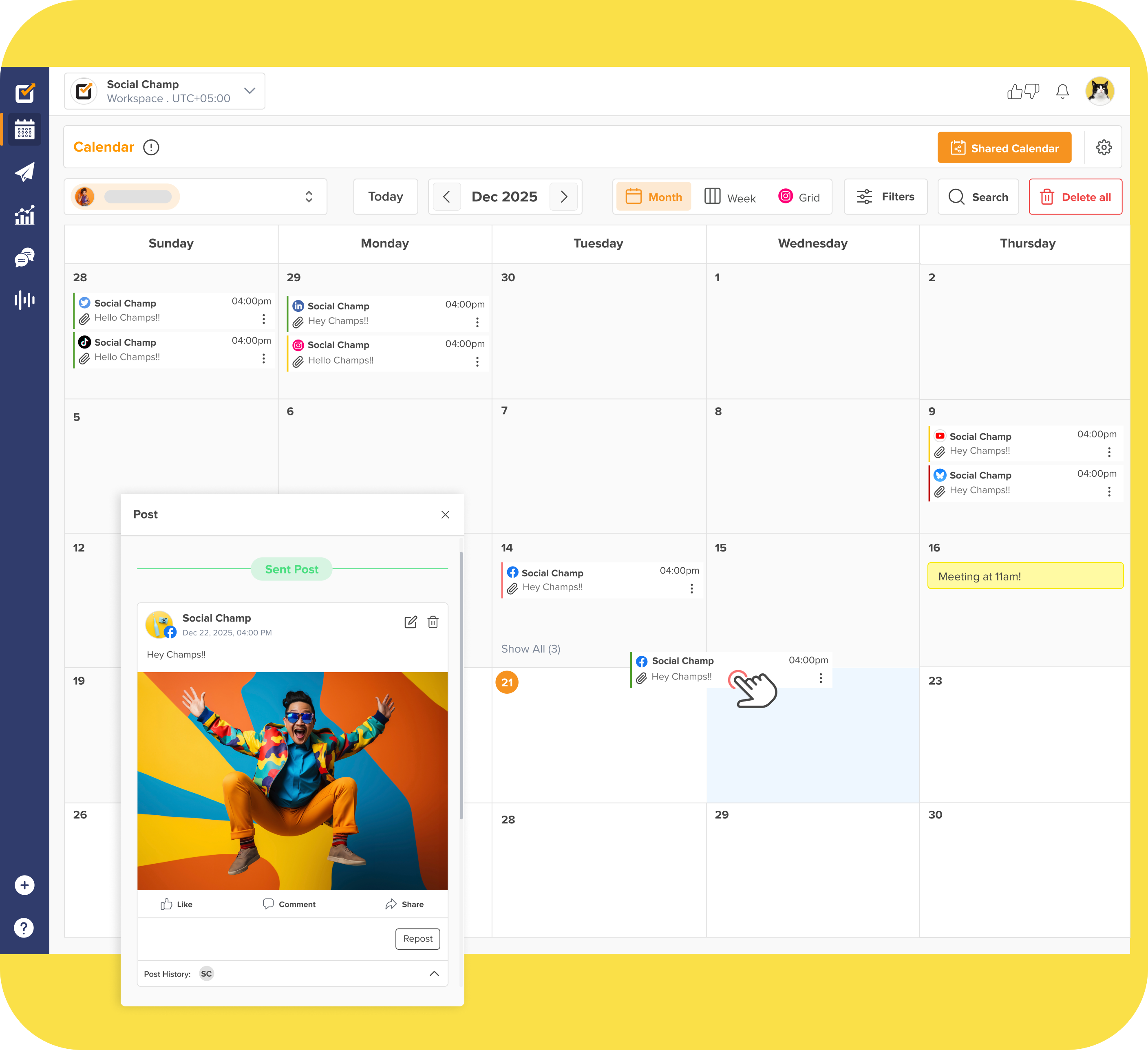
Agencies Are Scaling Faster—Why Aren’t You?
Social Champ is the secret sauce for agencies mastering marketing automation. Streamline workflows, impress clients, and save hours on every campaign.
Quick Summary
- Marketing automation software automates repetitive tasks like email campaigns, social media posting, and lead nurturing, saving agencies time and effort.
- It provides data-driven insights to optimize campaigns, making them more targeted and effective.
- Automation tools enhance resource allocation and performance tracking, leading to improved ROI for agencies and their clients.
- Agencies can use these tools to deliver personalized messaging and tailored experiences at scale.
- Modern platforms integrate seamlessly with existing systems, enabling agencies to scale operations efficiently.
- Top marketing automation platforms like Social Champ, Writesonic, SEMrush for 2025 to help agencies select the best solutions for their needs.
What Is Marketing Automation Software for Agencies?
Marketing automation software is essential for agencies looking to streamline their marketing efforts and improve efficiency.
It automates tasks such as lead generation, email marketing, social media posting, and customer relationship management, allowing agencies to manage multiple campaigns simultaneously without overwhelming their team.
These tools not only save time but also enhance personalization, enabling agencies to deliver tailored content and messages based on customer behaviors and preferences.
Key Features to Look for in Marketing Automation Software
Here are some essential features to look for when choosing marketing automation software for your agency.
-
Analytics and Reporting
Analytics and reporting are essential features that provide actionable insights into the effectiveness of your marketing campaigns.
With these tools, agencies can track metrics such as website visits, conversions, click-through rates, and engagement levels.
By analyzing data in real-time, agencies can make informed decisions, optimize campaigns, and adjust strategies to achieve better results.
Comprehensive reports also help in measuring ROI, which is crucial for demonstrating the value of marketing efforts to clients.
-
Campaign Management
Effective campaign management tools allow agencies to plan, execute, and track marketing initiatives across multiple channels from a single platform.
These tools streamline the process of launching and monitoring campaigns, ensuring that all elements—emails, social media posts, and paid ads—align with the overall strategy.
By centralizing campaign data, agencies can manage budgets, schedules, and resources more efficiently and quickly assess which campaigns are performing best.
-
Integral CRM
An integrated Customer Relationship Management (CRM) system is a must-have marketing automation software.
CRM enables agencies to maintain detailed profiles of leads and clients, track interactions, and segment audiences based on behavior or demographic information.
This integration ensures that agencies can deliver more personalized and targeted marketing efforts, which ultimately leads to stronger customer relationships and higher conversion rates.
-
A/B Testing
A/B testing allows agencies to experiment with different versions of emails, landing pages, and ads to determine which performs better.
When you test various elements like subject lines, call-to-action buttons, or images, you identify what resonates most with their target audience.
Continuous A/B testing ensures that campaigns are optimized over time, leading to improved engagement, higher conversion rates, and more effective use of marketing budgets.
-
Lead Nurturing
Lead nurturing is crucial for moving potential customers through the sales funnel.
Marketing automation tools provide workflows that automatically send targeted content, such as emails, blogs, or social media posts, to prospects based on their behavior.
This ensures that leads receive relevant information at the right stage in their journey, increasing the likelihood of conversion.
-
Email Marketing
Email marketing is one of the most powerful tools for direct communication with prospects and clients.
Marketing automation software enables agencies to create personalized email campaigns, segment audiences, and send automated follow-ups based on specific actions or triggers.
With features like drip campaigns, personalization tokens, and scheduling, email marketing becomes more efficient and effective, leading to higher open rates, click-through rates, and conversions.
Featured Article: How to Build a Successful Social Media Strategy for Business in 2025
Top Marketing Automation Software for Agencies
Below are some of the top marketing automation software for agencies that can elevate your marketing strategies.
-
Social Champ
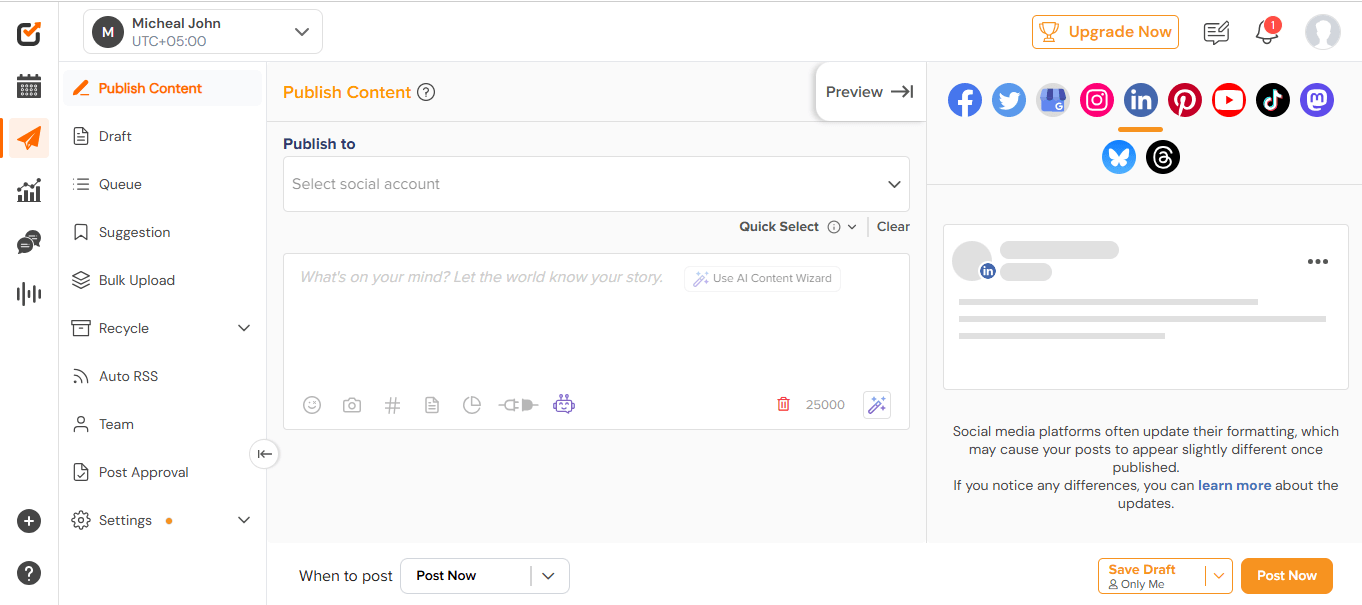
Social Champ’s Dashboard Social Champ is a comprehensive social media management platform that integrates marketing automation features to boost efficiency.
This tool allows agencies to schedule and manage posts across multiple platforms like Facebook, X, LinkedIn, and Instagram.
Social Champ offers detailed analytics, helping agencies track campaign performance in real-time.
The platform also supports free marketing automation tools, providing agencies with essential features without breaking the bank.
It’s a great choice for agencies focused on social media engagement and looking for a scalable automation solution.

Your Competitors Are Automating— You Should Too!
Transform your agency with Social Champ’s cutting-edge marketing automation. Simplify client management, boost campaign results, and free up time to grow.
-
Writesonic
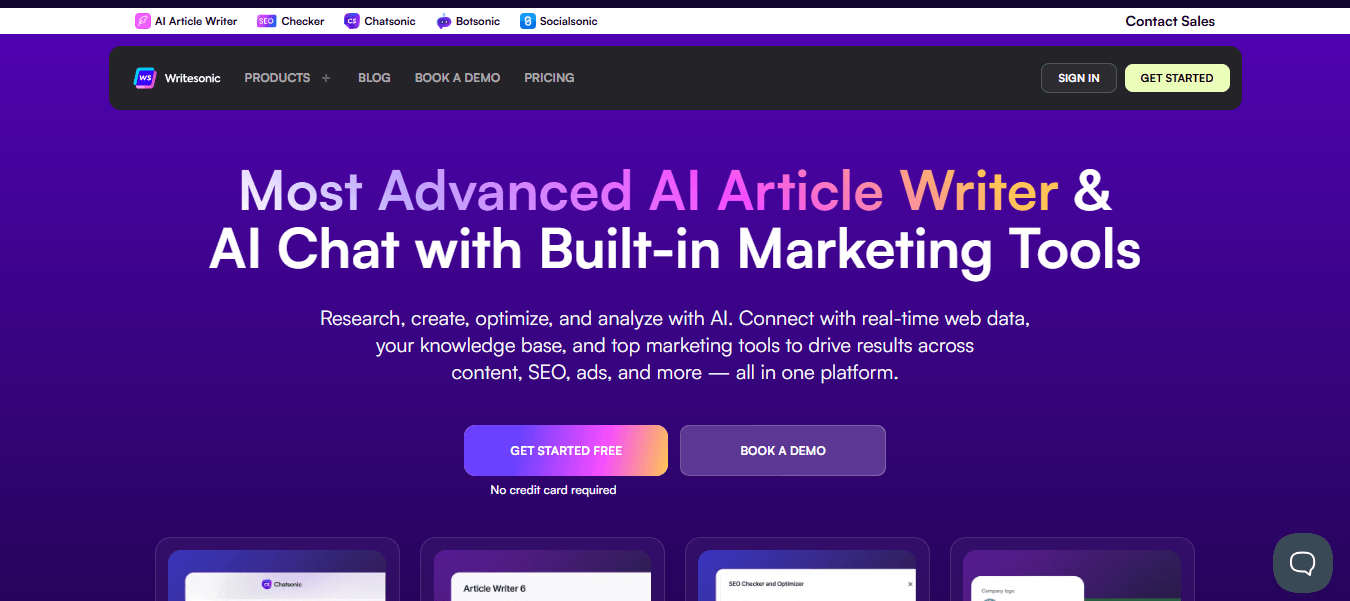
Writesonic’s Landing Page Writesonic is an AI-powered content creation platform that has recently expanded its capabilities to include automation features.
This tool helps agencies automate content generation for blogs, landing pages, and social media posts while maintaining a personalized tone.
Writesonic’s B2B marketing automation platforms integration allows businesses to produce high-quality content on a large scale, ideal for those working with other companies.
The tool’s advanced AI capabilities can also optimize content for SEO, ensuring that it ranks well in search engines and drives organic traffic.
-
SEMrush
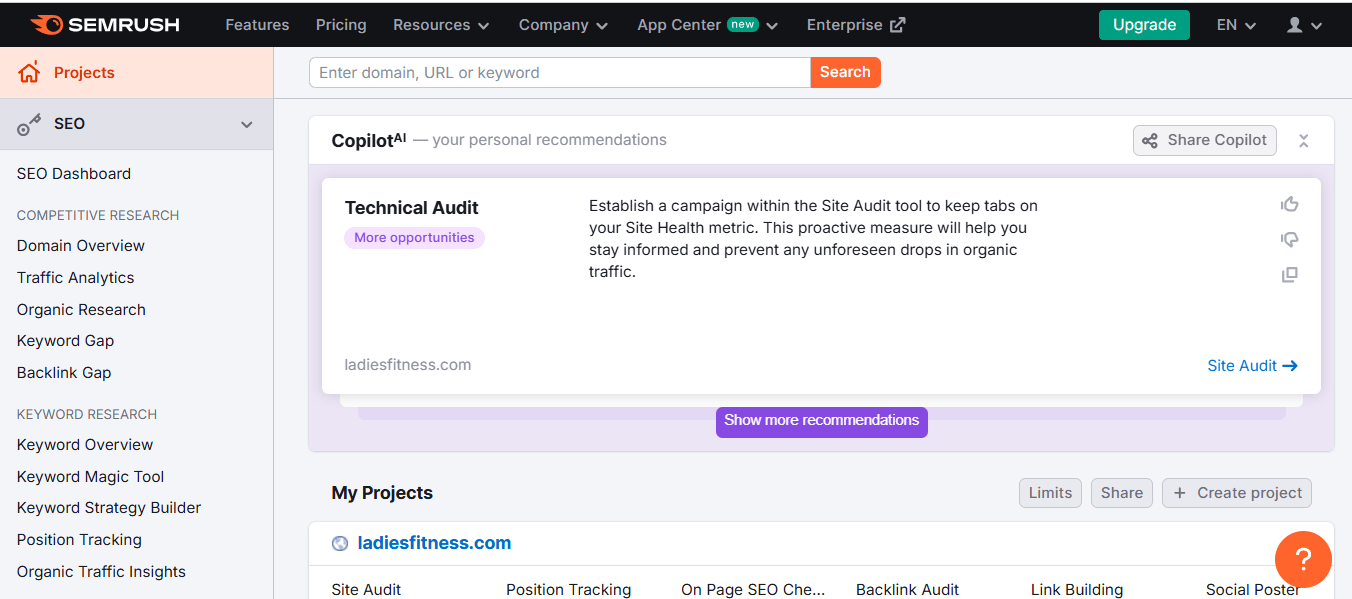
SEMrush’s Dashboard SEMrush is a B2B marketing automation platform that combines SEO tools with marketing automation capabilities.
Agencies can use SEMrush to automate keyword tracking, content planning, and competitive analysis.
This tool also offers comprehensive reporting features, allowing agencies to measure and optimize the effectiveness of their SEO and paid campaigns.
For businesses looking to boost their online visibility, SEMrush is an essential tool that supports both inbound and outbound marketing efforts.
-
Buffer
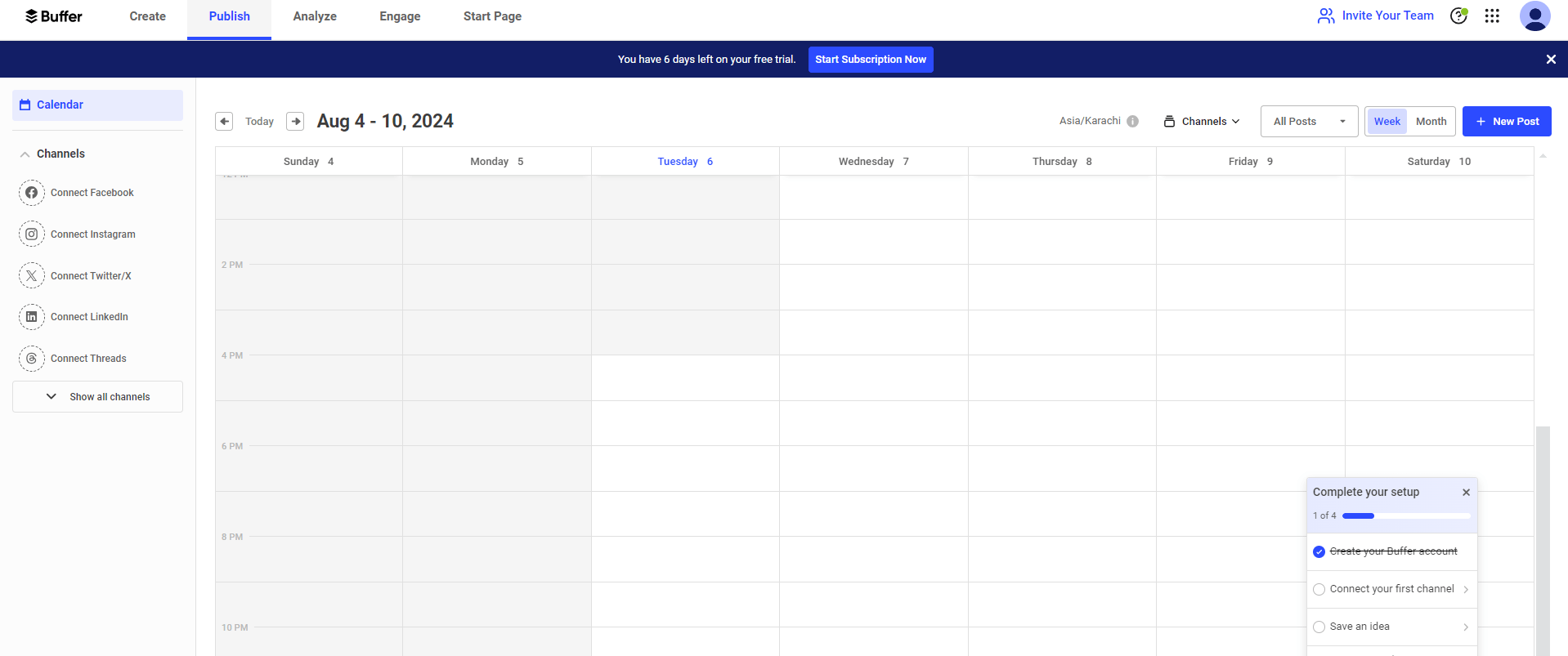
Buffer’s Dashboard Buffer is widely known for its simplicity and ease of use, making it a popular choice for social media automation.
It allows agencies to schedule posts, track performance, and analyze audience engagement across multiple platforms.
The platform also features a robust analytics dashboard that helps agencies assess their social media marketing strategies.
For agencies on a tight budget, Buffer also offers marketing automation tools free, making it an excellent starting point for those looking to automate their social media marketing efforts.
-
Scribe
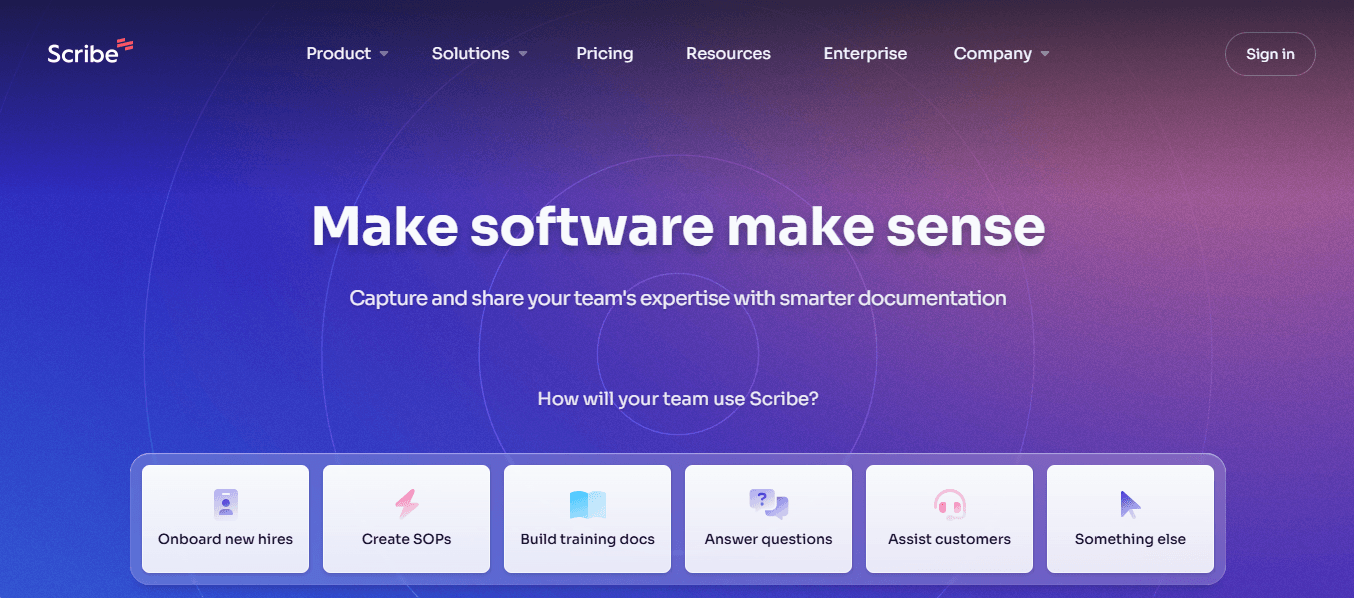
Scribe’s Landing Page Scribe is a content automation tool designed to help agencies streamline content creation and distribution.
It offers a wide range of templates and AI-powered features to speed up the content creation process.
By automating routine content tasks, such as generating blog posts, reports, and social media content, Scribe enables agencies to focus on more strategic tasks.
Scribe’s content management features allow agencies to schedule posts, analyse engagement, and optimize content for SEO.
It’s an excellent tool for agencies looking to scale their content marketing efforts with minimal effort.
How to Implement Marketing Automation in Your Agency
Implementing marketing automation in your agency can significantly boost efficiency and streamline your marketing efforts. Here’s how to get started:
-
Choose the Right Marketing Automation Software
Begin by selecting the right marketing automation software for agencies that align with your goals and budget.
Look for tools that support lead nurturing, email marketing, campaign management, and analytics to ensure you can meet your agency’s specific needs.
-
Map Out Your Customer Journey
Once your software is in place, define key touchpoints in your customer journey.
Automate tasks like lead capture through forms, follow-up emails, and personalized content delivery based on client behavior.
Integrating the automation platform with your CRM will help ensure smooth lead management and segmentation.
-
Set up Automated Workflows
Focus on setting up workflows for tasks such as social media scheduling, email campaigns, and content distribution.
With B2B marketing automation platforms, you can target the right audience with tailored messaging, improving the relevance and impact of your campaigns.
-
Monitor and Optimize
Continuously monitor your automated processes by reviewing analytics and running A/B tests.
Most platforms provide performance reports, so regularly evaluate results and adjust strategies as needed to improve lead conversion and campaign performance.
By following these steps, your agency can save time, enhance marketing efficiency, and improve overall outcomes.
Measuring the Success of Marketing Automation
Here are some crucial metrics to monitor to gauge the success of your marketing automation efforts.
-
Open Rate and Click-Through Rate
Open rate and click-through rate (CTR) are fundamental metrics to evaluate the effectiveness of your email campaigns.
A high open rate indicates that your subject lines are compelling, while a good CTR suggests that the content inside resonates with your audience.
These metrics help you gauge initial engagement and the relevance of your messaging.
-
Bounce Rate
Bounce rate refers to the percentage of visitors who leave your website after viewing only one page.
A high bounce rate may indicate that the content or landing pages are not compelling or that your audience targeting needs improvement.
Monitoring bounce rates helps identify where you need to optimize the user experience.
-
Engagement Rate
Engagement rate measures how much your audience interacts with your content, such as liking, sharing, or commenting on posts.
A high engagement rate indicates that your automated campaigns are relevant and capture the attention of your audience, drive deeper connections, and foster brand loyalty.
-
Site Traffic
Site traffic refers to the number of visitors your website receives, which is directly influenced by your automated marketing campaigns.
Increased site traffic can indicate that your content, emails, or ads are driving prospects to your site, signaling successful outreach and interest generation.
-
Follow-up Conversion Rates
Follow-up conversion rates track how effectively your automated follow-up campaigns turn leads into customers.
By measuring this rate, you can assess whether your nurturing emails, reminders, or offers are compelling enough to move prospects further down the sales funnel.
Featured Article: Top 10 Content Collaboration Tools to Boost Teamwork
Trends in Marketing Automation for Agencies in 2025
Here are some of the key trends agencies should watch for:
-
Omnichannel Marketing
Omnichannel marketing focuses on delivering a consistent customer experience across all channels, including social media, email, websites, and mobile apps.
In 2025, agencies are increasingly using marketing automation tools to unify customer interactions across multiple platforms, creating personalized and cohesive journeys that improve engagement and conversion rates.
-
Marketing Automation Funnel
The marketing automation funnel is becoming more advanced, with agencies automating entire customer journeys, from awareness to conversion.
This approach helps nurture leads through targeted content and timely follow-ups.
With this automation funnel, you can ensure that every lead receives the right message at the right time, resulting in higher conversion rates and more efficient use of resources.
-
Automated Social Media Marketing
Automated social media marketing is a growing trend in 2025, allowing agencies to schedule posts, analyze performance, and engage with followers across multiple platforms.
Automation tools are being used to manage content calendars, create personalized posts, and track audience behavior.
This helps agencies save time while maintaining a consistent and effective social media presence.
-
Chatbots
Chatbots are becoming essential tools for marketing automation in 2025.
These AI-powered tools can engage with customers in real time, answer questions, and guide them through the sales process.
By automating customer interactions, chatbots can improve response times, provide 24/7 support, and increase customer satisfaction while freeing up staff for more complex tasks.
-
AI Marketing Automation
AI is revolutionizing marketing automation by enabling smarter and more personalized campaigns.
In 2025, agencies are leveraging AI-powered tools to analyze customer data, predict behaviors, and deliver tailored experiences.
AI can optimize everything from email subject lines to product recommendations, helping agencies improve targeting, increase engagement, and drive higher ROI.
Conclusion
Marketing automation software for agencies can streamline workflows, nurture leads, and deliver personalized experiences at scale, empowering you to achieve better results while saving time and resources.
Agencies can enhance their strategies and drive meaningful growth by staying ahead of trends like AI integration, omnichannel marketing, and advanced analytics.
Investing in the right software ensures a competitive edge and long-term success in the ever-evolving digital landscape.
